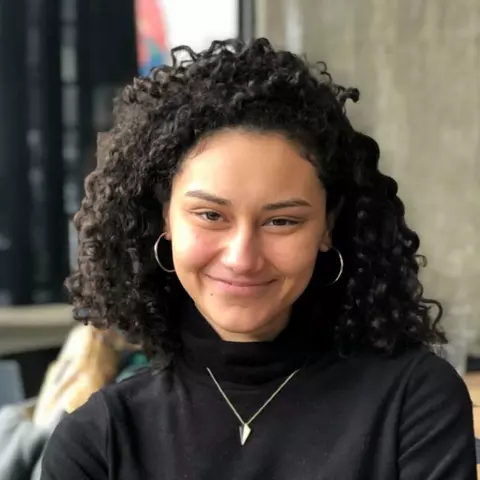Richelle maria Vargas

Presentations from Facing Race 2022
Presenters of this session will guide participants, through workshop-style activities in order to better understand how systemic racism affects their own embodied histories, perceptions, and relationships. Participants will gain understandings of key concepts of power and positionality, which work in tandem with the social construction of racism and race. Participants will gain hands-on experience with arts-based and arts-informed activities that address how to creatively intervene in a world structured by racial inequality. These activities can be useful tools, skills, and ideas for educators and learners (both in formal and informal settings), artists, administrators, leaders/policy makers, etc. Participants will be empowered to analyze systems of power and the structural dimensions of racism to surface root causes and contributing factors through the following activities:
Activity 1: Game of Power - participants will select three objects, either in the room or on their person, and arrange them in a manner demonstrating that one object is the most powerful among the objects.
Activity 2: Portrait Identity/Positionality Chart - participants will create a portrait identity chart for themselves, considering the question: “Who am I?” Participants will consider which labels on the chart represent how they see their own identity and which ones represent how others see them.
Activity 3: Racialized Moments - participants will participate in an interview-style dialogue recalling the first moment they first learned their race.
This workshop will wrap up by allowing presenters and participants to reflect on the activities and any new understandings of key concepts such as race, racism, power, positionally, and more.
The arts are not simply a mirror of society. Rather, they are a driving force behind many social transformations. The arts communicate ideology and mobilize people all along the political spectrum. They foster solidarity around shared purposes, values, and identities and provide elements of aesthetic pleasure that can inspire creative responses to fear, oppression, and exploitation. The arts are also tactical interventions in their own right, providing a method for critique and resistance.
How can the arts be married with digital technologies to tell new stories of anti-racism? In this session, the co-presenters ask attendees to experience two new narratives constructed using 360° video cameras. This relatively new technology enables creators to capture an experience and invite audiences into them virtually, almost as bystanders. The two narratives at the heart of this session concern firsthand accounts of racial microaggressions. They demonstrate how new technologies can be a creative, expressive tool for learning about and working through racial microaggressions.
The session offers the opportunity to view the videos with VR headsets. As the videos were the products of a new course, Rehearsals in Anti-racism, the course designer and student creatives share the impetus behind the projects. They discuss the key concepts guiding their creative practice, and invite attendees to participate in a critical dialogue about the promises and perils of racial storytelling, reflection, and learning with new technologies. Special attention is given to how VR can help with healing after a racial event, but also risks retraumatizing visitors to virtual spaces.